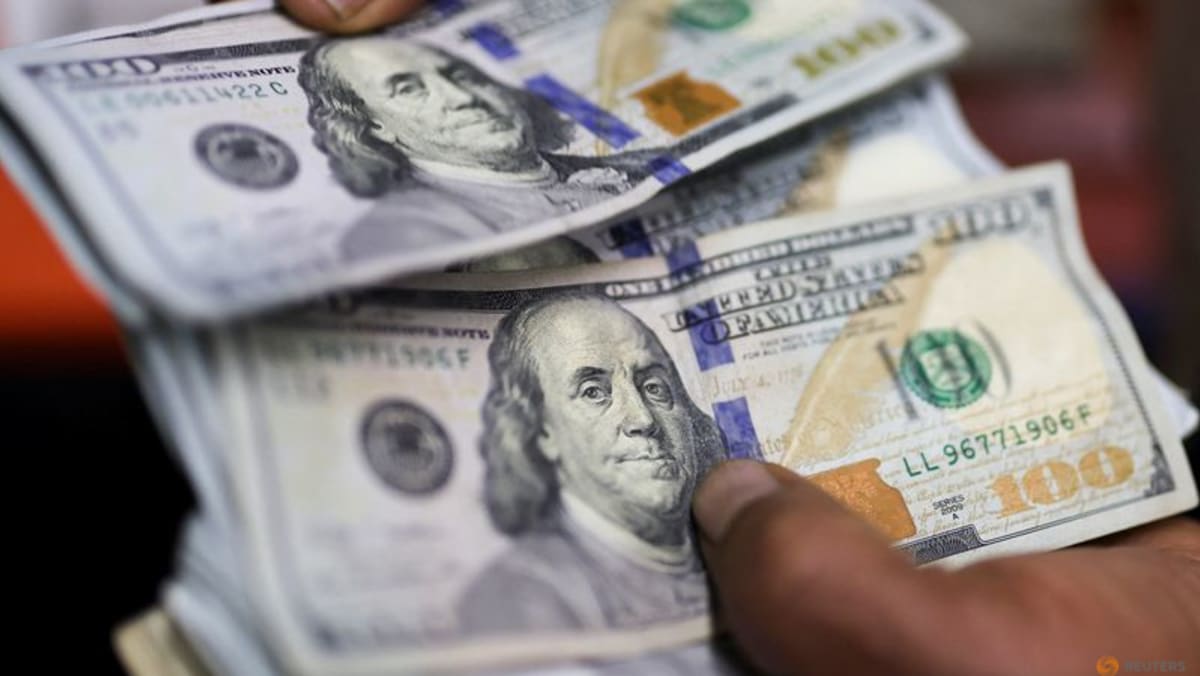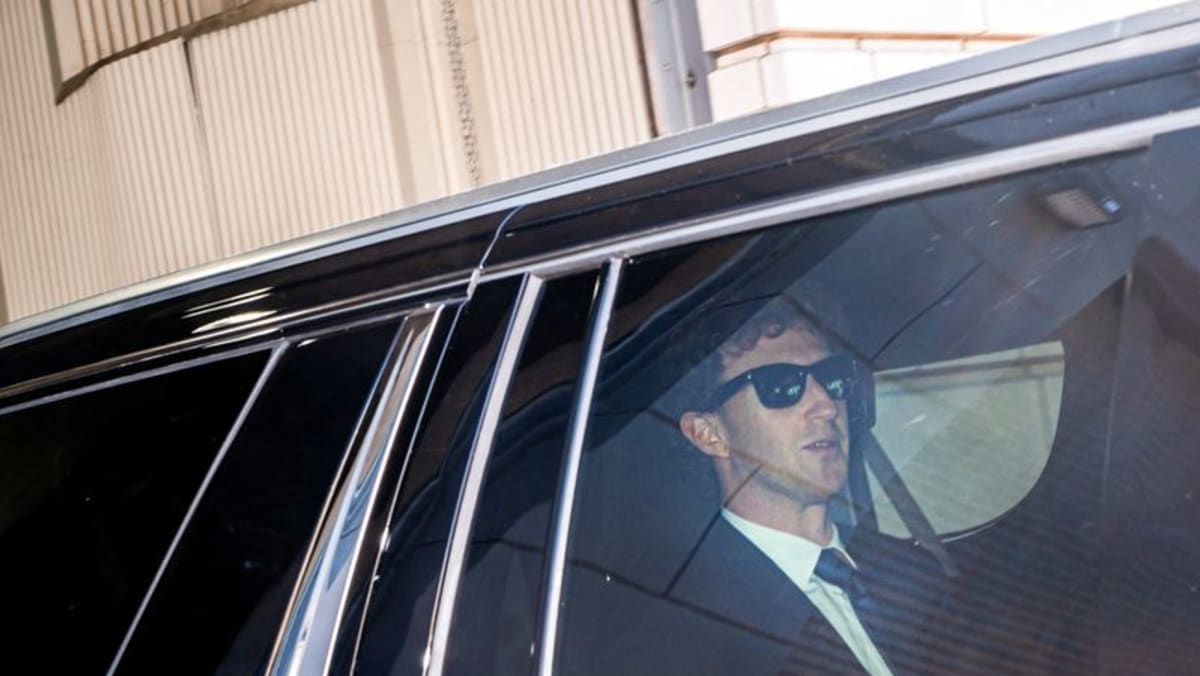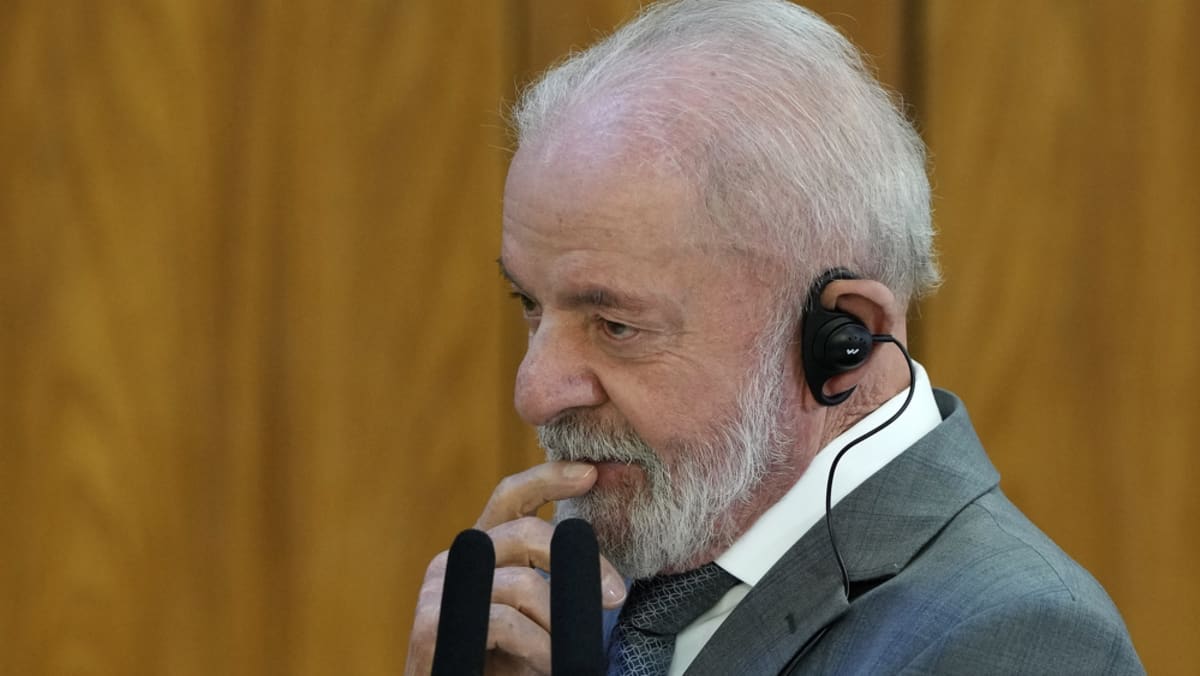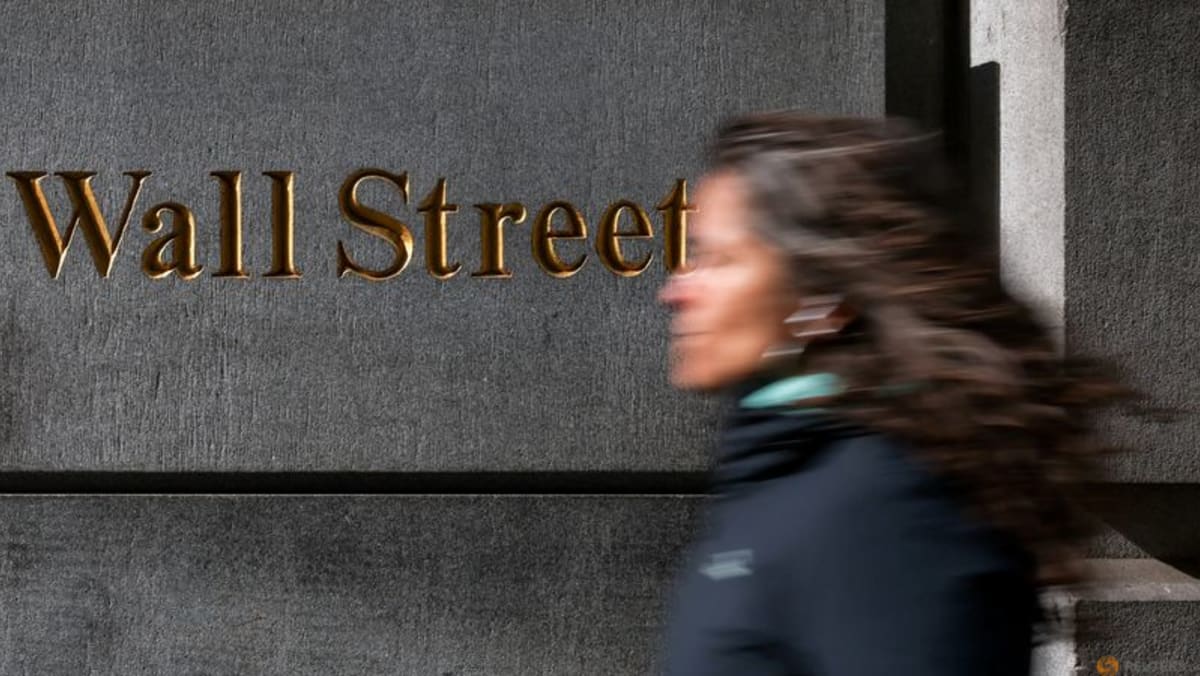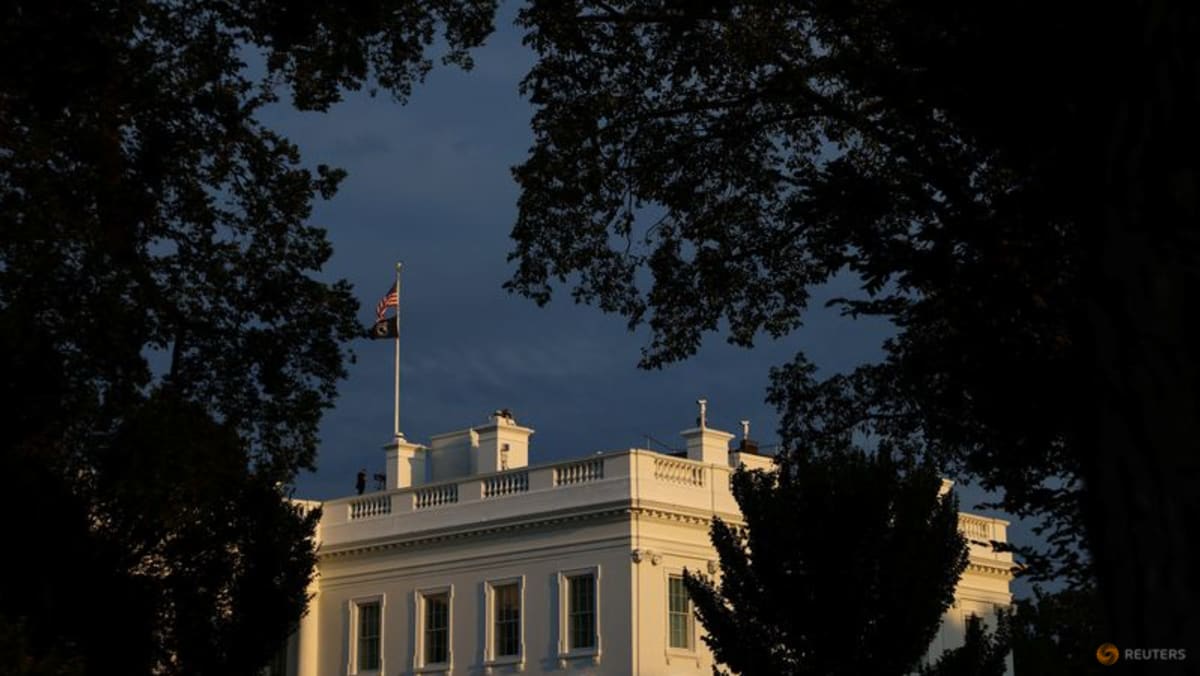TIKTOK AS NEW THREAT
A key part of the courtroom battle is how the Federal Trade Commission convincingly defines Meta’s market for the judge.
The US government argues that Facebook and Instagram are dominant players in apps that provide a way to connect with family and friends, a category that does not include TikTok and YouTube.
Meta’s defence attorneys counter that substantial investments transformed these acquisitions into the blockbusters they are today. They also highlight that Meta’s apps are free for users and face fierce competition.
The case was originally filed in December 2020, in the last days of President Donald Trump’s first administration.
Zuckerberg, the world’s third-richest person, has made repeated visits to the White House as he has tried to persuade the president to choose a settlement instead of fighting the trial.
As part of his lobbying efforts, Zuckerberg contributed to Trump’s inauguration fund and overhauled content moderation policies.
He also purchased a US$23 million mansion in Washington in what was seen as a bid to spend more time close to the centre of political power.
Zuckerberg wrapped up some 12 hours of testimony on Wednesday with an assessment of TikTok, which he said has emerged as perhaps the biggest competitive threat for Instagram and Facebook.
Meta has seen the growth of its apps slow as the China-based video-snippet sharing sensation has boomed, so the US tech titan added a TikTok-like Reels feature to fire back in the marketplace, according to Zuckerberg.
“That said, TikTok is still bigger than either Facebook or Instagram, and I don’t like it when our competitors do better than us,” he told the court.
And as video has evolved into a favourite form of online media, particularly on smartphones, YouTube has become serious competition for Meta, the chief executive testified.


